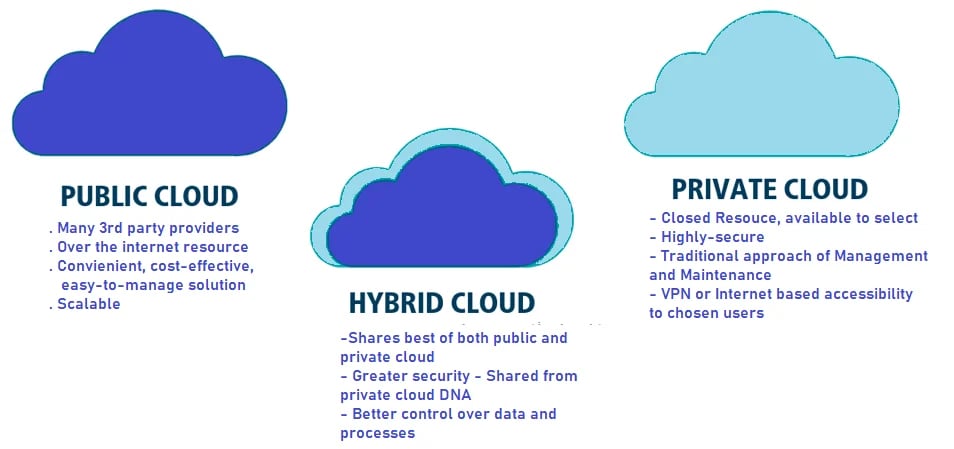A return to the office could be bad for computer security – UB Now: News and views for UB faculty and staff
[ad_1]
When employees experience they are entitled to superior technology when compared to other personnel — and they do not obtain unrestricted access to it — they pose a protection danger to their firms, according to a new Faculty of Management research.
Forthcoming in MIS Quarterly, the analysis explores “technological entitlement,” a emotion some workers have that they are more deserving of substantial-tech sources, employs and privileges than their co-workers.
“When these exaggerated anticipations of exclusive position go unmet, entitled employees lash out in intense acts of misuse or abuse,” claims Laura Amo, the study’s direct author and assistant professor of administration science and methods. “They have much less qualms about breaking the principles due to the fact they take into account by themselves ‘above’ organizational constraints on know-how.”
The researchers conducted a few scientific studies with independent samples totaling practically 700 functioning adults. In the first review, they measured earlier pc abuse behavior and perceptions of restrictions on broad technological innovation use. In the 2nd and third scientific tests, they modeled laptop abuse intent by investigating limits on distant entry and on personal- and organization-owned know-how at do the job.
Their conclusions demonstrate that technologically entitled workers pose a immediate threat to the information stability of organizations.
“If an average-sized company professional a 10% enhance in technologically entitled employees, it’d have to invest an excess $90,000 each and every year to mitigate that hazard,” claims James Lemoine, associate professor of firm and human resources. “Proactive steps — these types of as user behavior analytics and employee training and consciousness — can give major price savings by cutting down cyber threat.”
Their conclusions also have implications for producing and applying policy on staff technological innovation use, and advise involving technologically entitled staff in the procedure of plan-setting up to stimulate buy-in.
“Organizations that work towards developing fair insurance policies will better mitigate safety risks,” says Emily Grijalva, affiliate professor of firm and human methods.
Tech entitlement also has implications for staff members returning to the business office — or remaining seriously monitored though doing the job remotely — adhering to the COVID-19 pandemic.
“These traits might be perceived as constraints imposed by the corporation, which could boost the security risk posed by technologically entitled personnel,” says Grijalva. “Businesses should thoroughly look at worker perceptions when choosing how to transfer ahead with disabling or downgrading remote work solutions and implementing limits on distant staff.”
Amo, Grijalva and Lemoine collaborated on the research with UB doctoral graduate Tejaswini Herath, professor of details units at the Brock College Goodman Faculty of Business enterprise, and H. Raghav Rao, the AT&T Distinguished Chair in Infrastructure Assurance and Stability at the University of Texas at San Antonio Carlos Alvarez College or university of Small business.
[ad_2]
Source hyperlink







